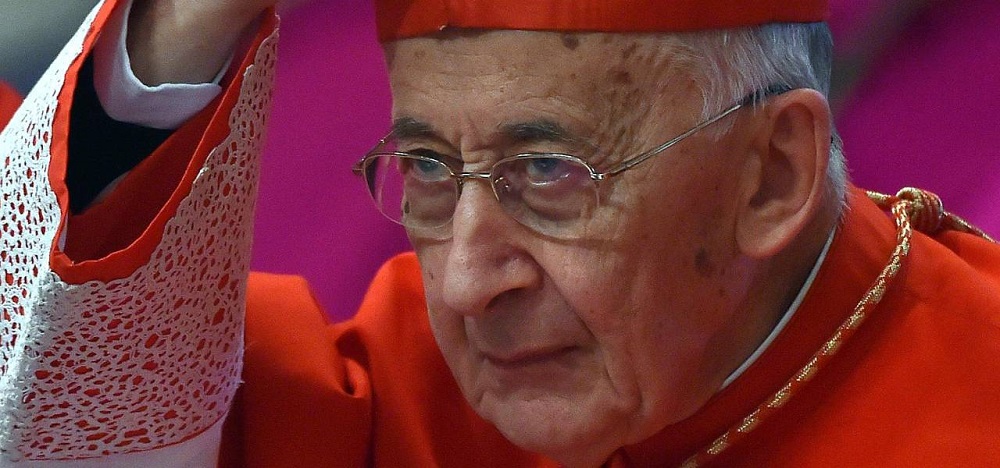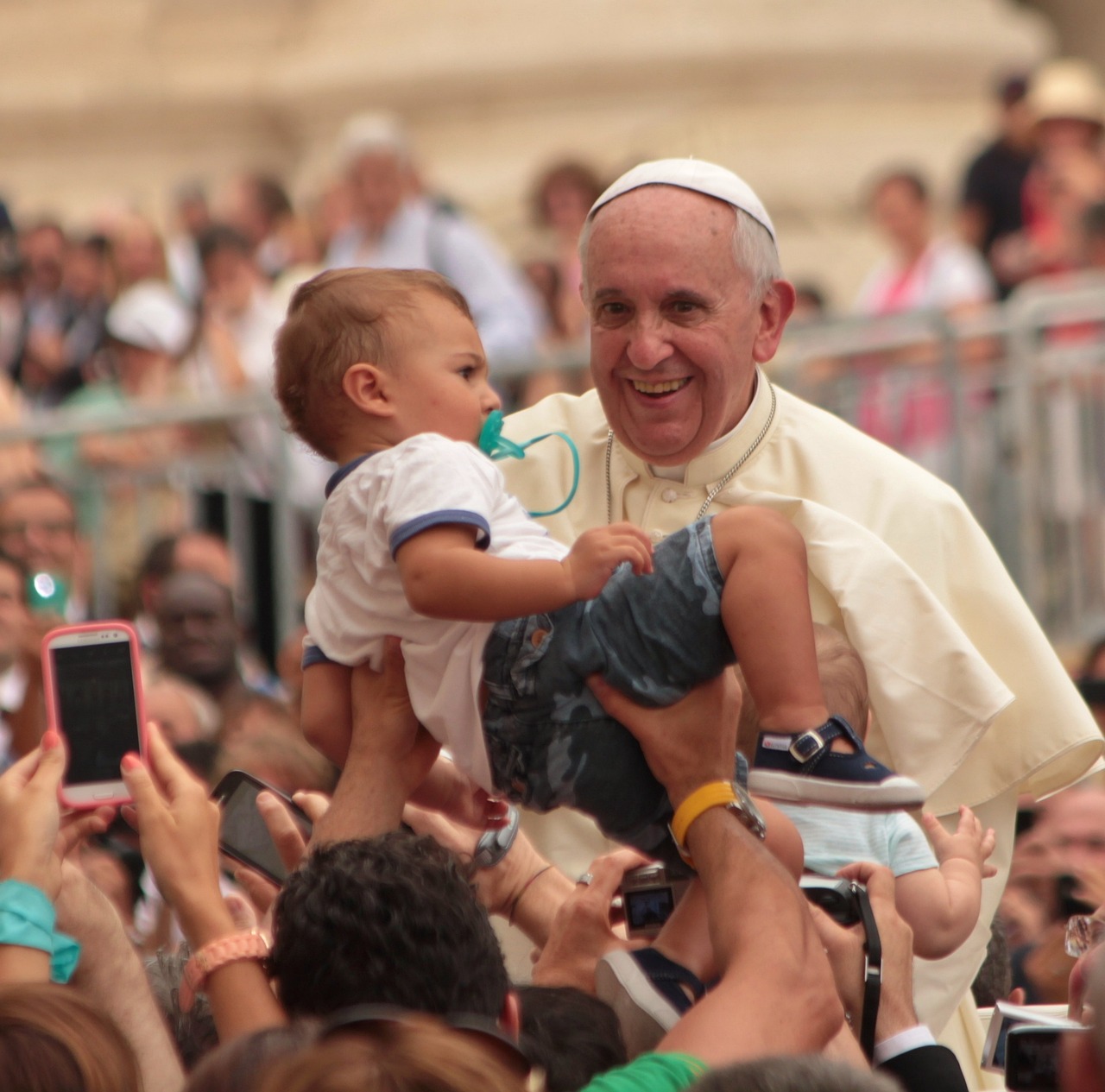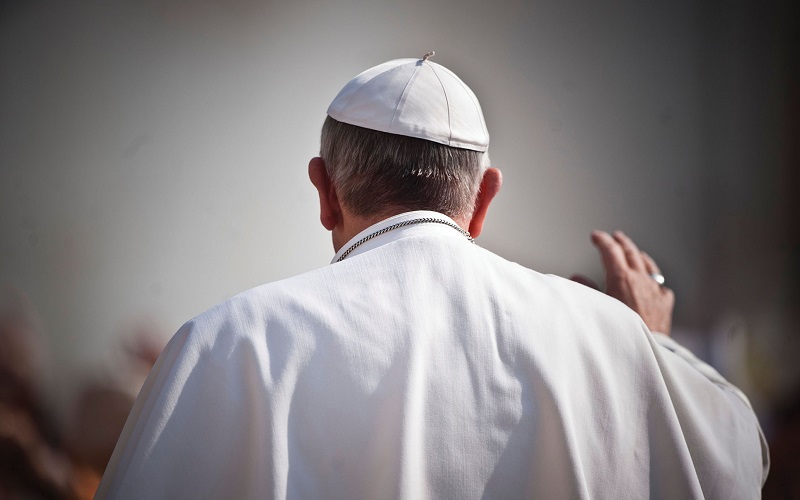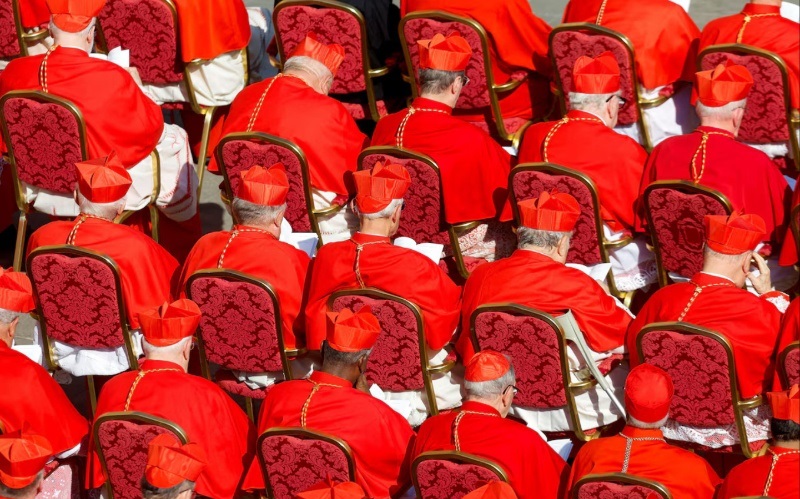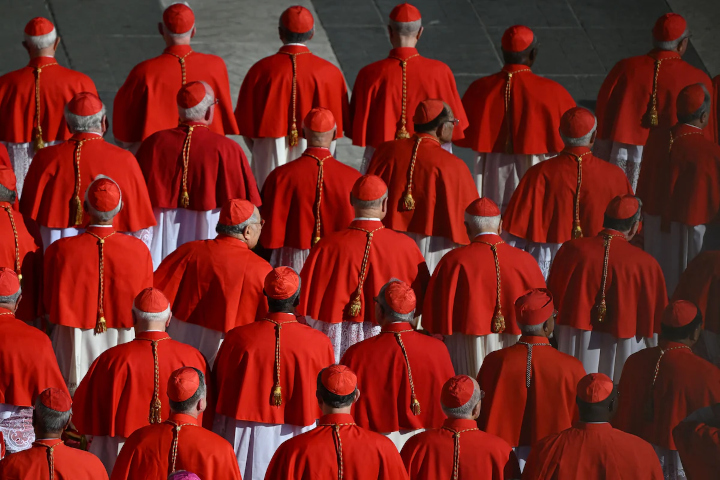
Introduction to the book “Intra Omnes” – a collective work in view of the upcoming Conclave. The book can be downloaded free of charge here.
Fear not! I am the First and the Last, and the Living. I was dead, but now I live forever and have the keys of death and the underworld. Write therefore the things that you have seen, those that are present, and those that are to come (Rev 1:19).
The liturgy of Sunday in albis, celebrated the day after the funeral of Pope Francis, suggested that we write this volume: we write down the things we have seen, those that are present and those that are to come.
The fulfilment of the pontificate of Pope Francis opens up a glimpse of the Church’s journey into the future. Thanks to the Magisterium of Pope Francis, we can now ask «with all frankness and without hindrance» (Acts 28:31) some fundamental questions, which we can answer through our own competence and research. In the time of hashtags, of digital labels, we identify some ‘key words’ to reflect on, to outline the most urgent issues to be addressed now and in the immediate future, after Francis. An awareness has emerged that with the first pope of Latin American origin, the Church is no longer the same; it has already changed. The reform processes that have been initiated, but not concluded, are many and such that one can speak, not only from a historical point of view, of a ‘before’ and an ‘after’ Francis.
It could be observed that the ‘words’ were chosen arbitrarily, given the contingency of the moment. But they seem to us to be some of the most significant to express this Franciscan pontificate.
Moreover, the style in which the book was written can be described as ‘synodal’, as the reflections developed from a number of common questions:
- After popes Roncalli, Montini, Luciani and Wojtyła, who were council fathers, and after Pope Ratzinger, who participated in the council as an expert of Cardinal Frings, Francis was the first pope who was really a ‘son’ of the Second Vatican Council, because in the years of its convocation (1962-1965) he was still in formation as a Jesuit novice (he was ordained a priest in 1969). Now, how to translate these demands for the younger generations and those to come who will be, as we already are in part, ‘grandchildren’ of the council?
- In this conciliar legacy, Francis opened up processes, restoring authority to the Church as a people walking in history rather than on tradition understood in a static way as a ‘blocking device’ for actions of reform. It was, and is, the beginning of a new springtime. What is most urgent for the future?
- The dialogical character of the pontificate – not only the ecclesial and ecumenical level, but also on the secular side – has initiated paths of reinterpretation of Catholic doctrine. What developments does the Church need after Francis?
- Processes and dialogues have had some institutional interpretation, but much remains to be done with the “Church to come”, theologically, normatively, morally, liturgically and so on. What are the profiles on which the Church of the coming years will have to work?
These questions represented the ‘matrix on which each and every one of us, as members of the people of God, was called upon to reflect. Together, the various contributions constitute almost a collective letter, even if not written in epistolary form, but rather as a glossary, which we intend to send to the cardinals who will meet in the forthcoming conclave (obviously before they meet in conclave, knowing that from the beginning of the electoral operations any form of correspondence is forbidden). This book is not to be interpreted as the “intervention of authoritative persons or pressure groups”, stigmatised by par. 83 of Universi dominici gregis, from which the cardinals must remain immune. We respect the Extra omnes, the “All out”, with which the conclave begins, but we cannot fail to note how the history of the last two centuries – and perhaps especially that of the last twelve years – has made the college of cardinals ever more inclusive: it does not exclude, but includes the whole Church. Intra omnes, “All in”.
In the near future, the conditions will probably be in place to rethink the forms and methods of the election of the Roman Pontiff in a truly ‘synodal’ and inclusive key. The principle ‘What concerns all must be dealt with and approved by all’, Quod omnes tangit, ab omnibus tractari et adprobari debet, as also reiterated in the last synod of bishops, cannot but also concern the provision of the office of Roman Pontiff. For the time being, at least in the days immediately preceding the conclave, we therefore do not consider it an exaggeration to say: Intra omnes, “All in”.
In this collective letter, in the form of a twenty-six-voice canon, we speak as the people of God. That is, as the Church, which, recognising itself as an inverted pyramid, remembers that it has the base at the top.
Andrea Grillo and Luigi Mariano Guzzo (Editors)





